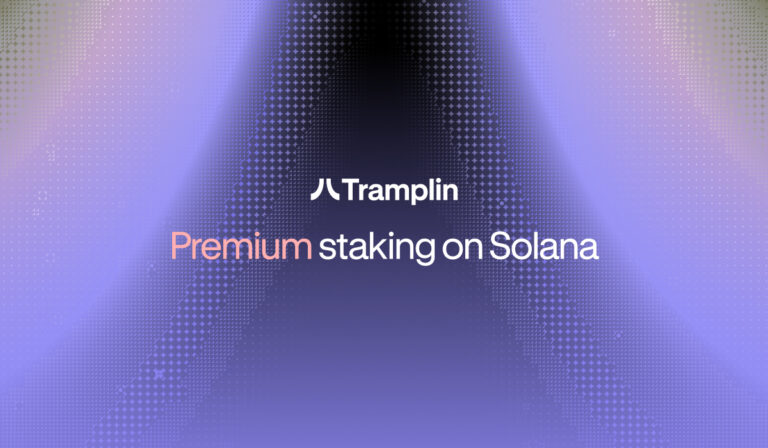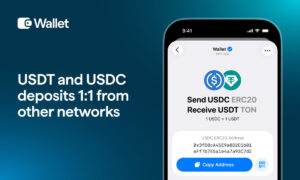Country Information
Extra Information
Website
Extra Links
Social Media & News
Ranking
Blockchain Overview
Category:
| Name | Category |
|---|
Frequently Asked Questions
Description
Disclaimer: The regulatory information provided below is for general informational purposes only and may not reflect the most current legal developments. Cryptocurrency regulations are rapidly evolving and can change frequently. This information should not be considered legal or tax advice. Before making any business or investment decisions, please consult with qualified legal, tax, or financial professionals familiar with your specific jurisdiction and circumstances. Always verify current regulations with official government sources and regulatory bodies.
Legal Classification & Regulatory Framework
Cryptocurrency Status
Albania has established one of Europe’s more comprehensive cryptocurrency regulatory frameworks. Cryptocurrencies are legal in Albania, with the country passing the “On financial markets based on distributed ledger technology” law in 2020, which legalized and established a regulatory structure for digital assets. The cornerstone of Albania’s crypto regulation is Law no. 66/2020, the “DLT-based Financial Markets” law, which became effective on September 1, 2020. This legislation provides a comprehensive framework for the issuance, trading, and storage of virtual currencies and digital tokens.
Under Albanian law, Albania treats cryptocurrency as taxable property, not legal tender. This classification brings clarity to both individuals and businesses operating in the digital asset space, distinguishing Albania from many other jurisdictions where regulatory uncertainty persists.
Tax Treatment
Albania has implemented clear tax guidelines for cryptocurrency activities. Capital gains from crypto trading are subject to a flat tax rate of 15%. Further formalizing the space, a new income tax law took effect on January 1, 2024, making crypto-related income taxable. Mining and staking rewards are considered taxable income.
When you trade cryptocurrencies in Albania, any profit you make is subject to capital gains tax. The tax applies to the difference between the purchase price and the selling price of your crypto assets. For businesses, crypto-related income is treated as regular business income and taxed accordingly. Individual tax rates on crypto income can range from 0% to 23% depending on total earnings, while the flat 15% capital gains rate applies specifically to trading profits.
Regulatory Oversight
Albania’s cryptocurrency ecosystem is overseen by multiple regulatory bodies working in coordination. Several regulatory bodies in Albania share the responsibility of overseeing the country’s cryptocurrency market. Financial Supervisory Authority (FSA): The FSA is a primary regulator responsible for licensing and supervising crypto businesses, including exchanges and wallet providers, to ensure they comply with anti-money laundering (AML) laws. It also focuses on investor protection and maintaining the integrity of the digital asset market. National Agency for Information Society (AKSHI): AKSHI works with the FSA to issue licenses for DLT exchanges and custodian wallet providers. Its main role is to oversee the technological aspects of the market, such as certifying system auditors and enforcing cybersecurity measures. Bank of Albania: While not a direct crypto regulator, the Bank of Albania focuses on overall financial stability and has issued warnings about the risks of digital assets.
The Albanian Financial Supervisory Authority (AFSA) issues five distinct types of licenses for various cryptocurrency-related activities, creating a structured approach to business authorization. Albanian Tax Authority: This authority is responsible for enforcing tax laws related to cryptocurrency activities. It ensures that individuals and businesses correctly report and pay taxes on income and capital gains from crypto.
Business Environment
Banking Relationships
The relationship between traditional banking institutions and cryptocurrency businesses in Albania is still developing. While the regulatory framework provides legitimacy to the crypto sector, the local market remains undeveloped, with no licensed providers as of recent assessments. This creates a gap between the established legal framework and practical implementation in the domestic market.
Traditional banks in Albania operate under the oversight of the Bank of Albania and maintain cautious approaches to crypto-related business accounts. The banking sector is represented by the Albanian Association of Banks (AAB), which serves as the unified voice of the banking industry and works to facilitate dialogue between financial institutions and regulatory bodies.
Licensing Requirements
When it comes to local exchanges, the licensing process is overseen by two government agencies: the Financial Supervision Authority (AMF) and the National Agency of Information Society (AKSHI). There are different licenses available depending on the specific cryptocurrency activity, such as exchange trading or custodial services.
Startups and businesses in the cryptocurrency industry that cater to Albanians’ crypto needs must satisfy certain requirements and obtain licenses from the relevant authorities in the nation. The licensing process requires comprehensive documentation including business plans, proof of reputation and capital sources, and demonstration of robust security systems. Additionally, there is a minimum initial capital requirement for certain licenses, such as the third-party portfolio custodian license. Once licensed, businesses are required to pay an annual fee to AMF and AKSHI.
The evaluation process considers multiple factors including investor and public protection, promotion of stable and transparent financial markets, cybersecurity measures, and compliance with existing laws and regulations. Companies must also demonstrate adequate capitalization through funds or professional liability insurance policies.
Innovation Support
Albania has positioned itself as a forward-thinking jurisdiction in blockchain technology adoption. Albania’s proactive approach in regulating crypto mining, particularly its emphasis on renewable energy, sets a precedent for other nations and offers a viable model of how countries can balance economic benefits with environmental concerns. The government has implemented sustainability requirements, mandating that a significant portion of energy used by crypto mining operations comes from renewable sources.
The National Agency for Information Society (AKSHI) plays a crucial role in technological oversight and innovation support, working to ensure that Albania’s digital infrastructure can support emerging technologies while maintaining security standards.
Market Characteristics
Adoption Patterns
A survey conducted in mid-2025 revealed that 30% of Albanians have used or owned cryptocurrencies, marking a significant uptick from 10% in 2021. This represents substantial growth in consumer adoption over a relatively short period.
Albania’s cryptocurrency market is projected to reach US$1.197 million in 2024, with an expected user base of 126,200 by 2025. Over 50 businesses in Albania now actively support, hold, and trade digital assets. However, Albania (109th) and Montenegro (127th) show minimal adoption, suggesting a smaller market or weaker regulatory frameworks according to some international adoption indices, indicating that while the regulatory framework is solid, practical adoption remains moderate compared to some regional counterparts.
Industry Focus
Albania’s crypto industry shows particular strength in mining operations and sustainable blockchain initiatives. Since the regulation was introduced in late 2023, there has been a 150% increase in registered crypto mining businesses in the country. Additionally, the sector has seen a 120% rise in employment, indicating significant economic contributions.
Energy consumption data also reflects the shift towards more sustainable mining practices. Reports from the Albanian Ministry of Energy show that 60% of the energy used by the crypto mining sector in 2025 came from renewable sources, surpassing the initial regulatory requirement of 50%. This focus on sustainability has attracted international investment and positioned Albania as a model for environmentally conscious cryptocurrency operations.
Regulatory Evolution
Albania’s crypto regulation journey began with caution. Before 2020, the Bank of Albania simply issued public warnings about the risks, as no legal framework existed. A major policy shift occurred on May 21, 2020, with the passage of the “DLT-based Financial Markets” law, which established a comprehensive licensing and supervisory regime that took effect that September.
As an EU candidate country, Albania’s regulatory approach considers alignment with European frameworks. While not yet subject to the EU’s Markets in Crypto-Assets (MiCA) regulation, Albania’s regulatory development shows awareness of broader European trends and standards. The country’s approach focuses on balancing innovation support with consumer protection and financial stability considerations.
The regulatory evolution continues with ongoing refinements to tax policies, licensing procedures, and operational requirements. The coordination between multiple regulatory bodies reflects Albania’s comprehensive approach to creating a mature and stable cryptocurrency ecosystem while maintaining compliance with international standards for anti-money laundering and counter-terrorism financing.
For Current Information:
- Albanian Financial Supervisory Authority (AFSA): https://amf.gov.al/?lng=1
- Bank of Albania: https://www.bankofalbania.org/home/
- National Agency for Information Society (AKSHI): http://www.akshi.gov.al/
- Albanian Tax Authority: http://www.tatime.gov.al
- e-Albania Government Portal: https://e-albania.al/
Country Map
Crypto and Blockchain Articles
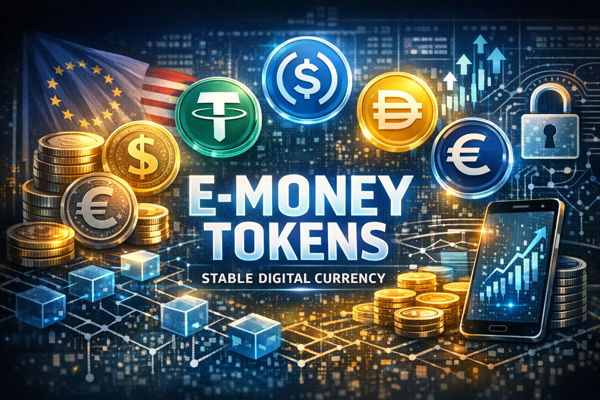
What are E-Money Tokens?

What Is BIP‑444?

What is a Hash in Proof of Work (PoW)?
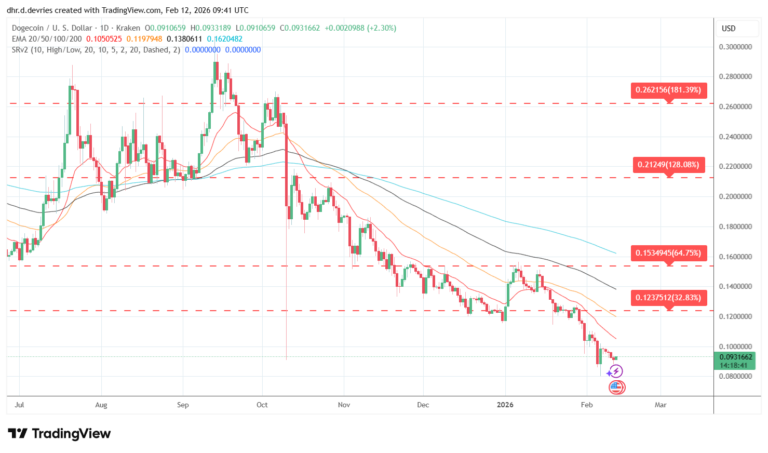
Dogecoin (DOGE) Price Prediction: Weekly Analysis February 12, 2026
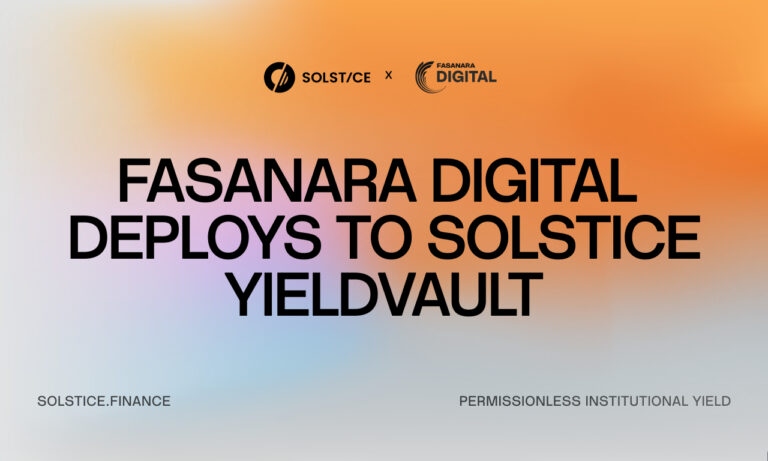

What is Base (Ethereum L2)?

What are E-Money Tokens?

What Is BIP‑444?

What is a Hash in Proof of Work (PoW)?
Press Releases and Contributions
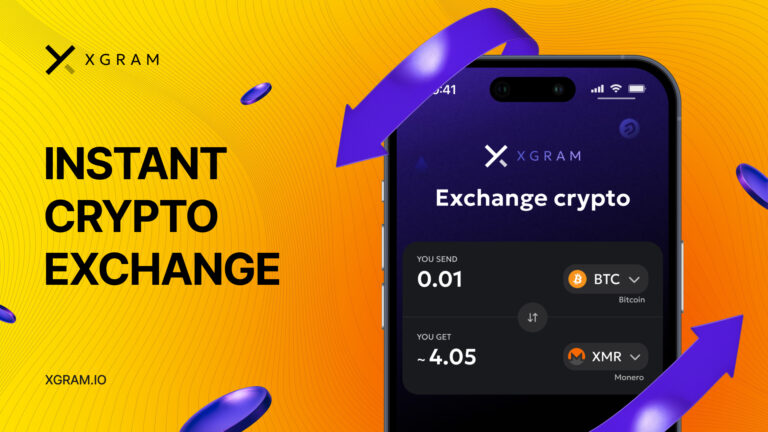
Xgram.io Launches Private ETH to XMR Swaps



INVESTING YACHTS Launches RWA Yacht Charter Model
